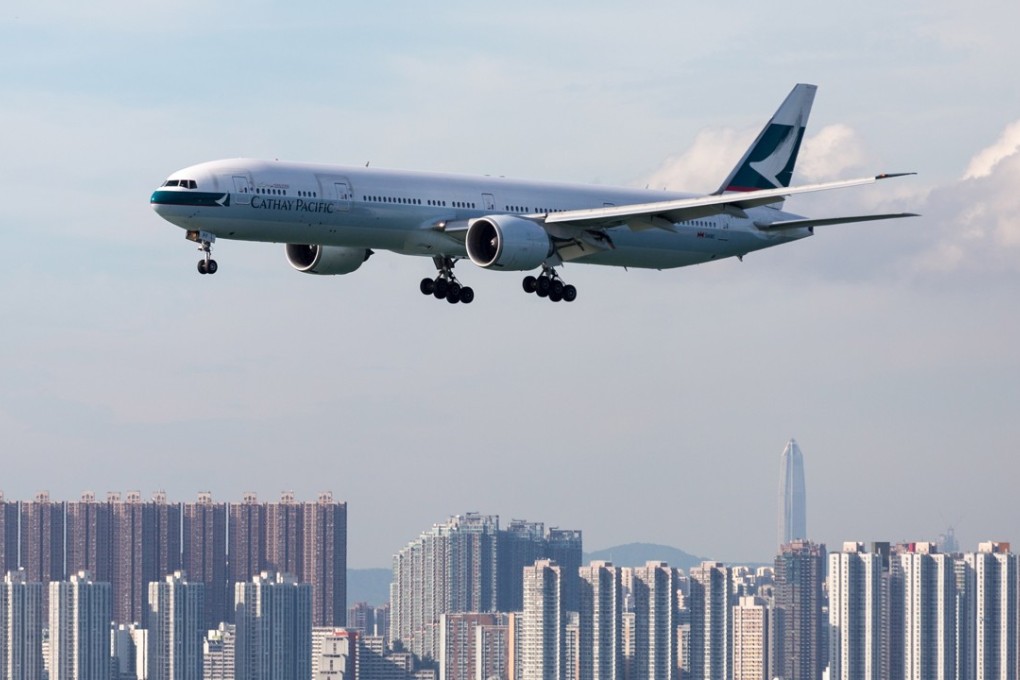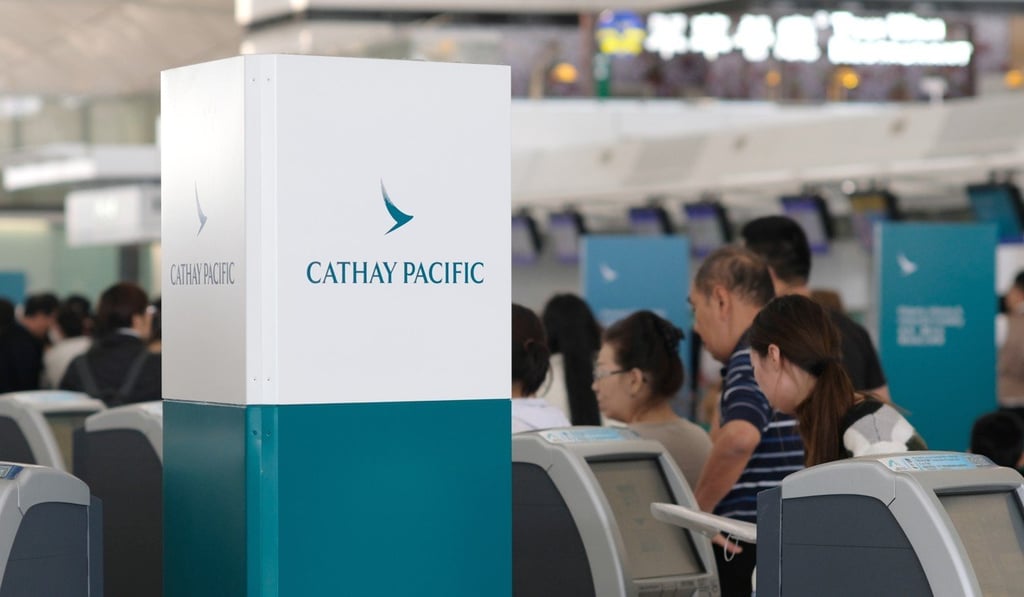Advertisement
Cathay Pacific passengers ‘don’t feel secure’ after massive data leak hits Hong Kong-based airline
- Emails sent to affected passengers, urging them to update their password
- Lawyers say seeking damages is difficult without suffering actual loss
Reading Time:3 minutes
Why you can trust SCMP

Cathay Pacific Airways fliers were on Thursday still reeling from the shock of the airline’s massive data leak revealed the night before, but lawyers said it would be hard for the affected passengers to seek damages unless they suffer actual monetary loss.
The Hong Kong-based carrier revealed late on Wednesday night that 9.4 million customers’ personal details including names, nationalities, dates of birth and identification numbers were illegally accessed in March.

Advertisement
The airline is in the process of alerting affected passengers, offering them “ID monitoring services” by a third-party provider.
The victims included Hong Kong resident Marcus Langston. Cathay Pacific on Thursday night alerted Langston via email that his personal data including travel documents and date of birth were involved in the leak.
He said he immediately went online to reference the leak of 380,000 British Airways passengers’ data in August and September to get an idea how his situation might play out.
Advertisement
Select Voice
Select Speed
1.00x